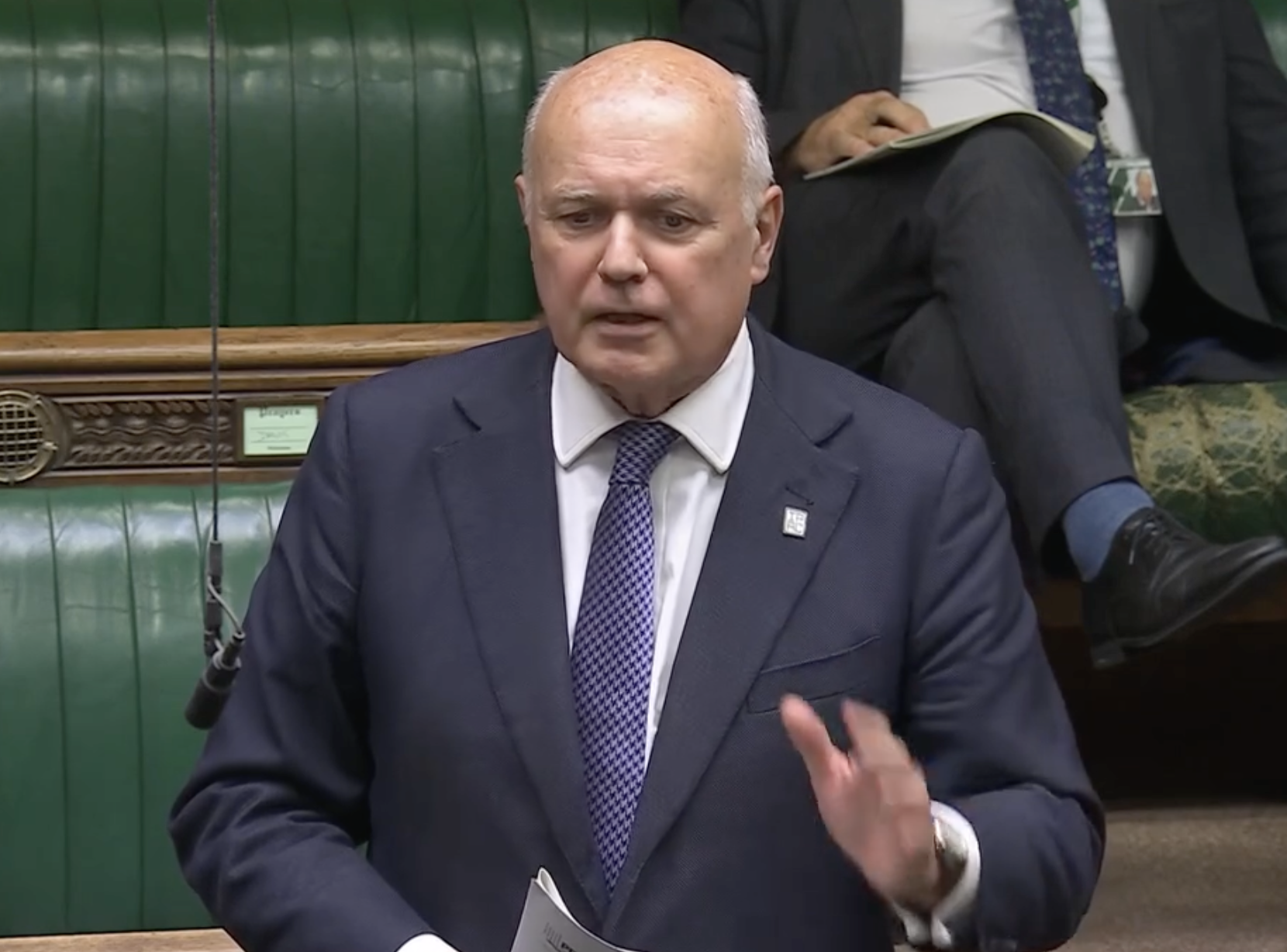


Fresh from a visit to Ukraine, he cut through the platitudes and got to the heart of the matter: Russia’s onslaught is intensifying, and the West’s response remains dangerously timid.
Sir Iain described what he saw on the ground: nightly missile and drone strikes on cities like Kyiv and Lviv, civilians living in constant fear, and a Kremlin that has grown accustomed to Western hesitation. What should chill us is how quickly this horror has faded from Western minds. For many in London, Paris, Berlin and even Washington, the war has become background noise. But for Ukrainians, it remains an unrelenting war of attrition—and for the rest of Europe, it is a gathering storm.
The recent Russian drone incursion into NATO territory should have been treated as a wake-up call. Instead, Western capitals issued more statements promising to “consider” fresh measures, to “review” sanctions, or to “work towards” tougher action. Moscow has learned to treat such talk as bluff. Vladimir Putin senses, not without reason, that the West lacks the political will to act decisively. That perception emboldens him.
Sir Iain called for Britain to press the United States to toughen sanctions dramatically. This is vital. For all its generous military aid, Washington’s economic strategy has been timid, preferring slow pressure over decisive blows. That has given Moscow time to adapt, reroute exports and keep its war machine funded. Oil revenues still flow, and with them the means to sustain the slaughter. The West has yet to strike at the heart of Russia’s capacity to wage war.
Equally crucial is Sir Iain’s demand that Europe stop importing Russian energy disguised via third countries such as India. This practice makes a mockery of sanctions. European leaders boast of cutting direct ties to Russian fuel, yet vast amounts of Russian crude are refined abroad and quietly reimported. The label may have changed, but the money still ends up in the Kremlin’s coffers. So long as this continues, Europe is underwriting the very regime it claims to oppose.
Some fret that harsher sanctions would hurt Western economies. That risk exists, but it misreads the stakes. Sanctions are not meant to be painless; they are meant to impose costs. The longer this war drags on, the greater the eventual price—in treasure and perhaps lives. It is cheaper to act decisively today than to sleepwalk into a wider war tomorrow. There is also the question of moral consistency. We cannot proclaim solidarity with Ukraine while financing its destruction.
Britain, free of Brussels’ consensus machinery, is well placed to lead. When the US President next visits, the Prime Minister should deliver Sir Iain’s message with blunt clarity: enough is enough. The West must close the loopholes, cut Russia off from its remaining revenue streams, and demonstrate that aggression carries real, immediate consequences. Each night of hesitation costs more Ukrainian lives. If the West will not bear the economic pain now, it will face a far greater reckoning later.
Main Image: Sir Iain Duncan Smith, via Facebook
If Russia Wins: A Scenario and the Logic of the West’s Managed Defeat